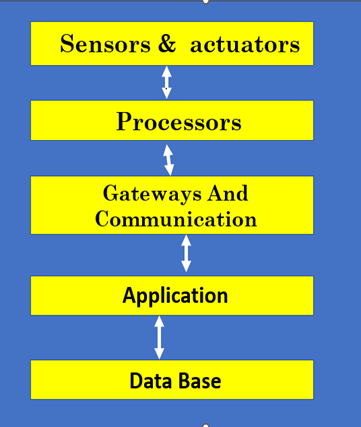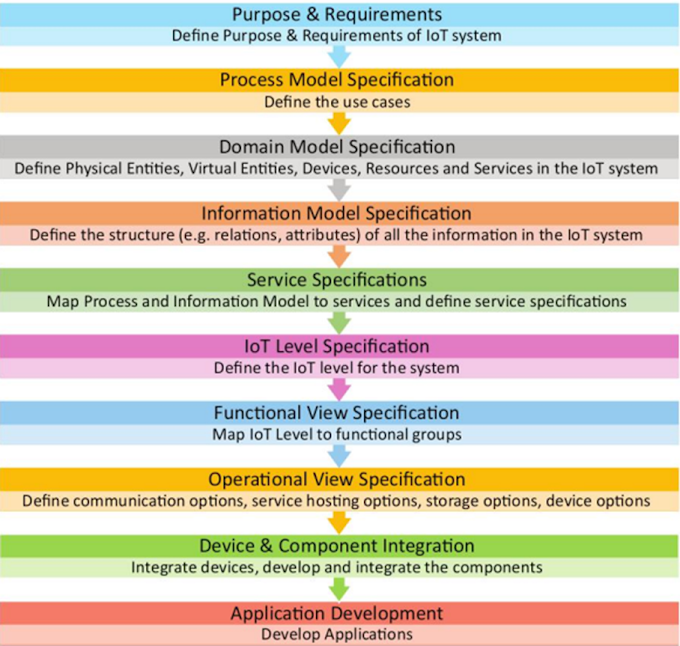HTML Radio INPUT element
- The HTML `<input>` element with `type=" radio"` is used to create radio buttons.
- Radio buttons are typically used in groups, where only one option can be selected at a time.
Syntax:
<input
type="radio" name="groupName"
value="optionValue1" id="option1">
<label
for="option1">Option 1</label>
<input
type="radio" name="groupName"
value="optionValue2" id="option2">
<label
for="option2">Option 2</label>
- - `type="radio"`: Specifies that the input should be rendered as a radio button.
- - `name="groupName"`: Specifies the name attribute, which groups the radio buttons together. Only one radio button with the same name can be selected at a time.
- - `value="optionValue1"`: Specifies the value that will be sent to the server if this radio button is selected.
- - `id="option1"`: Provides a unique identifier for the radio button, which is associated with the `<label>` using the `for` attribute.
Example:
<!DOCTYPE
html>
<html
lang="en">
<head>
<meta charset="UTF-8">
<meta name="viewport"
content="width=device-width, initial-scale=1.0">
<title>Radio Button
Example</title>
</head>
<body>
<form
action="process_form.php" method="post">
<input type="radio"
name="gender" value="male" id="male">
<label
for="male">Male</label>
<input type="radio"
name="gender" value="female" id="female">
<label
for="female">Female</label>
<input type="submit"
value="Submit">
</form>
</body>
</html>
- Make sure to adjust the form action (`action="process_form.php"`) to the actual URL or script that will process the form data on the server.
- Additionally, you can customize the radio button labels and attributes based on your specific requirements.
-------------------------------------------------------------------------



0 Comments